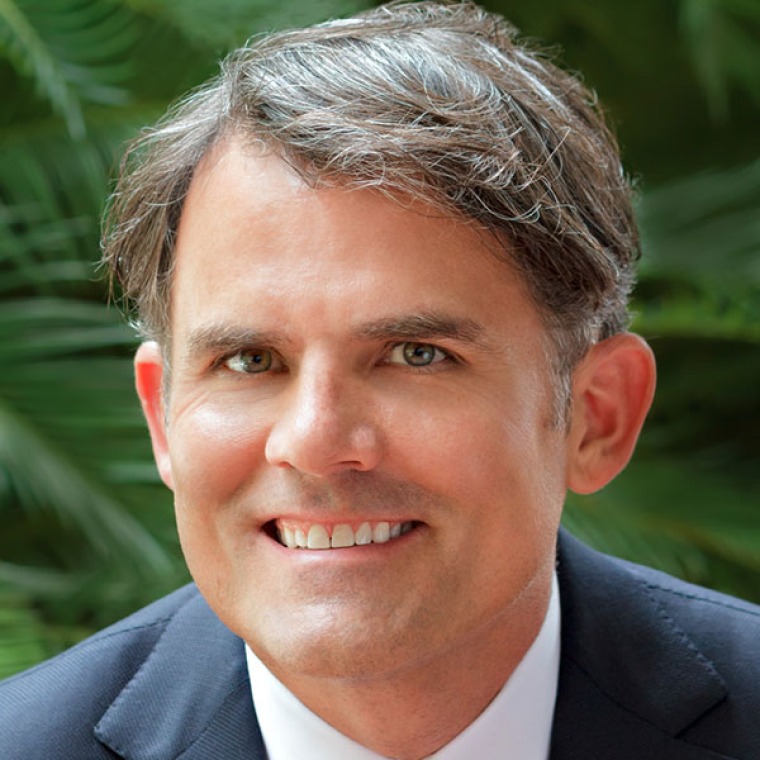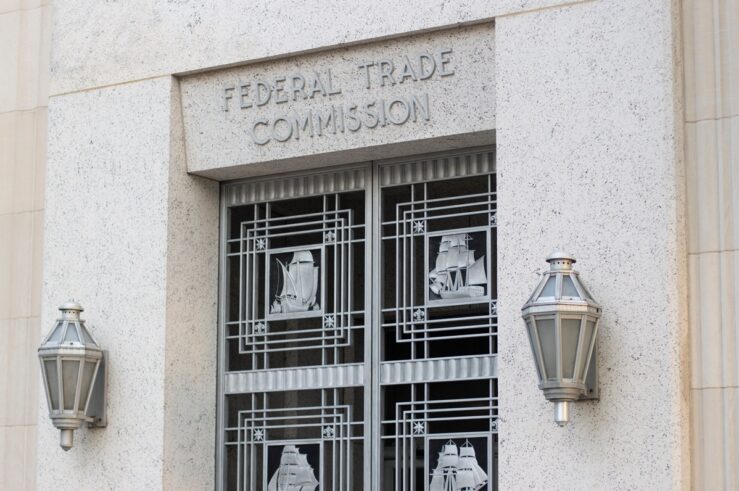The Disney/Pixar deal is a hot topic in the blawgosphere (see, e.g., here, here, here and here), so I want to join in. I took a quick look at the transaction documents (they’re now available here on the SEC’s website) and noticed that Steve Jobs has executed a voting agreement (here) pursuant to which he agrees to vote 40% of Pixar shares in favor of the deal. A voting agreement of this type is a common deal protection measure. What caught my eye about the Jobs agreement is that he is not obligated to vote all of his shares in favor of the deal. According to Pixar’s most recent proxy statement, Jobs owns 50.61% of the outstanding shares of Pixar. Thus, I assume that the 40% number is a result of the Omnicare decision. In Omnicare, the Delaware Supreme Court, in a controversial 3-2 decision, struck down under the Unocal test a merger agreement that (1) included a shareholder voting agreement pursuant to which holders of a majority of shares of the target company contractually obligated themselves to vote all of their shares in favor of the merger, (2) included a requirement that the target company’s board of directors put the transaction to a shareholder vote even if it no longer supports the transaction (“force the vote” provision), and (3) did not include a fiduciary out.
If the 40% number (as opposed to all shares owned) is a result of Omnicare, it seems to me to be an overly conservative reading of the case. The Disney/Pixar deal does not include a force the vote provision (does California corporate law, Pixar’s state of incorporation, even allow a forced vote?) and does include a fiduciary out, so none of the factors present in Omnicare are in the deal. Doesn’t that leave room for Jobs to agree to vote all his shares in favor of the deal? Maybe it’s at 40% for some other reason. On another note, has a common practice emerged with respect to deal protection provisions post-Omnicare?




